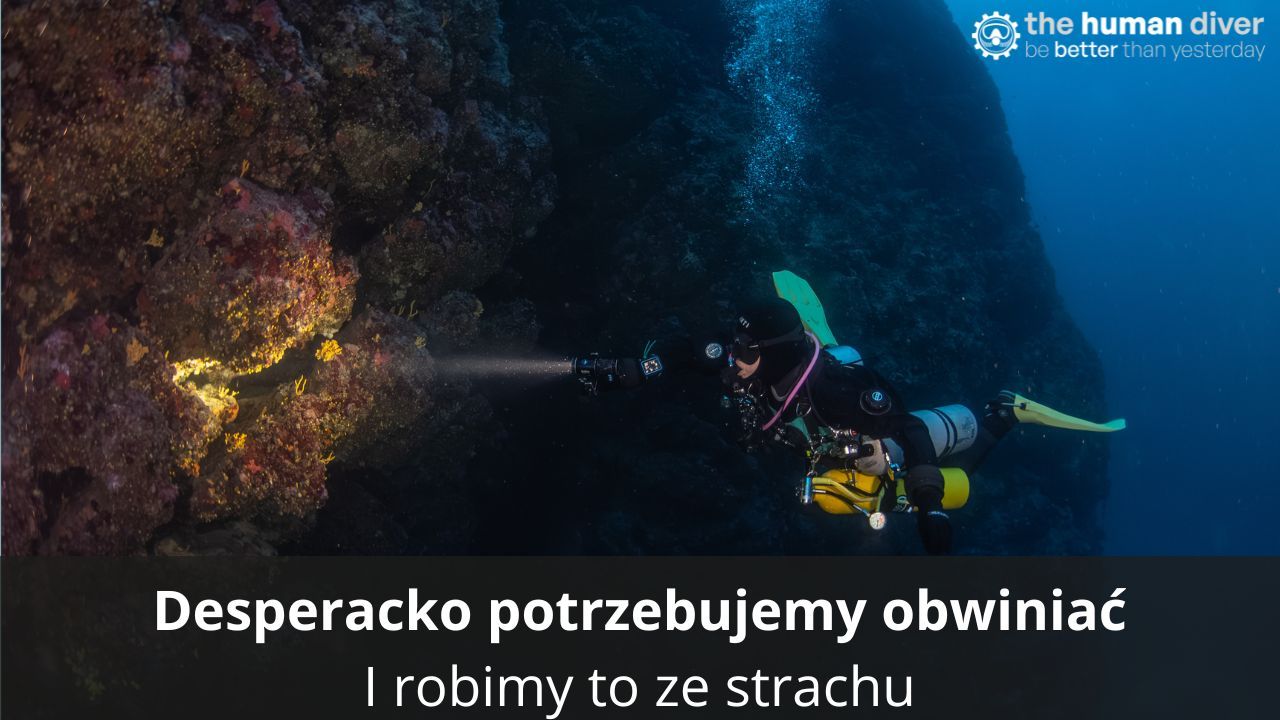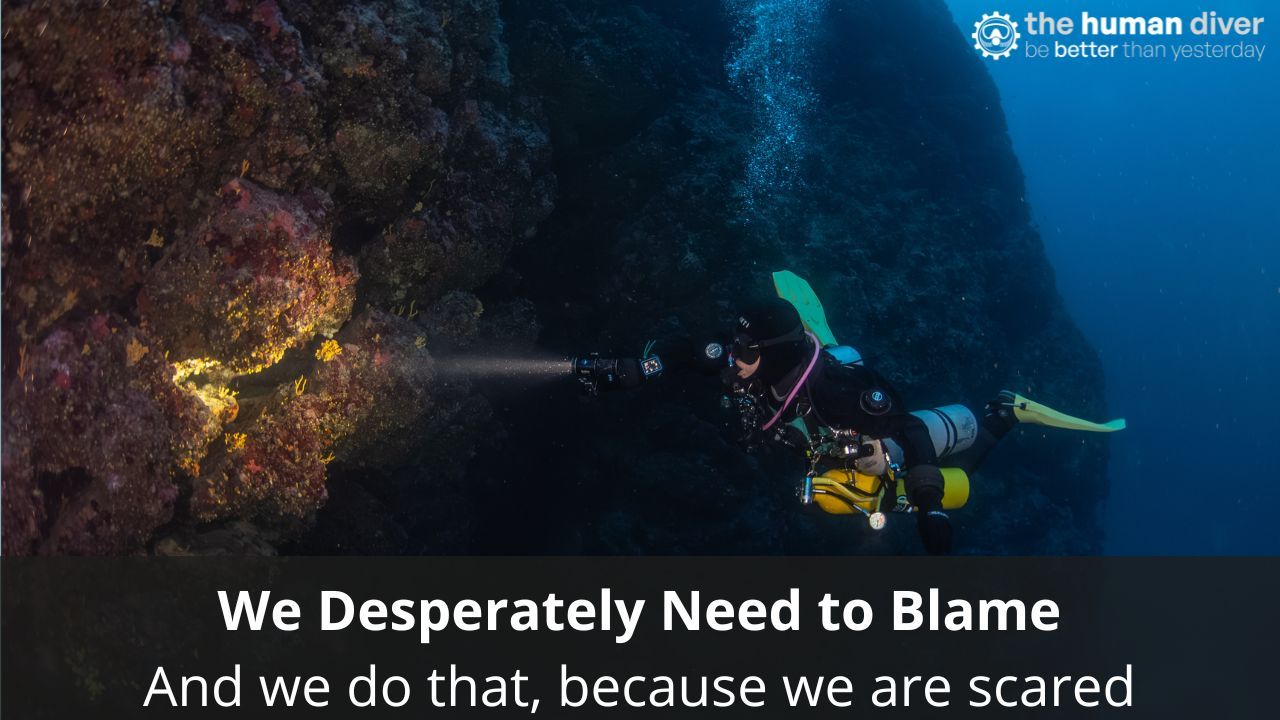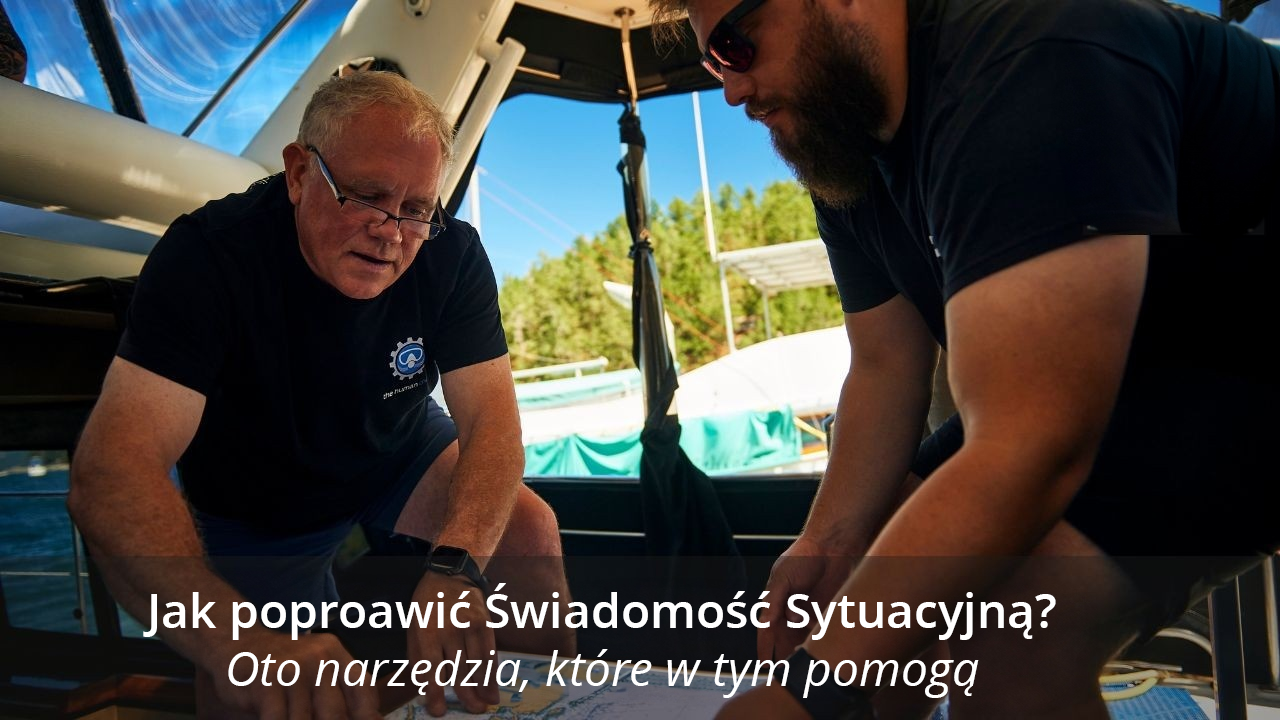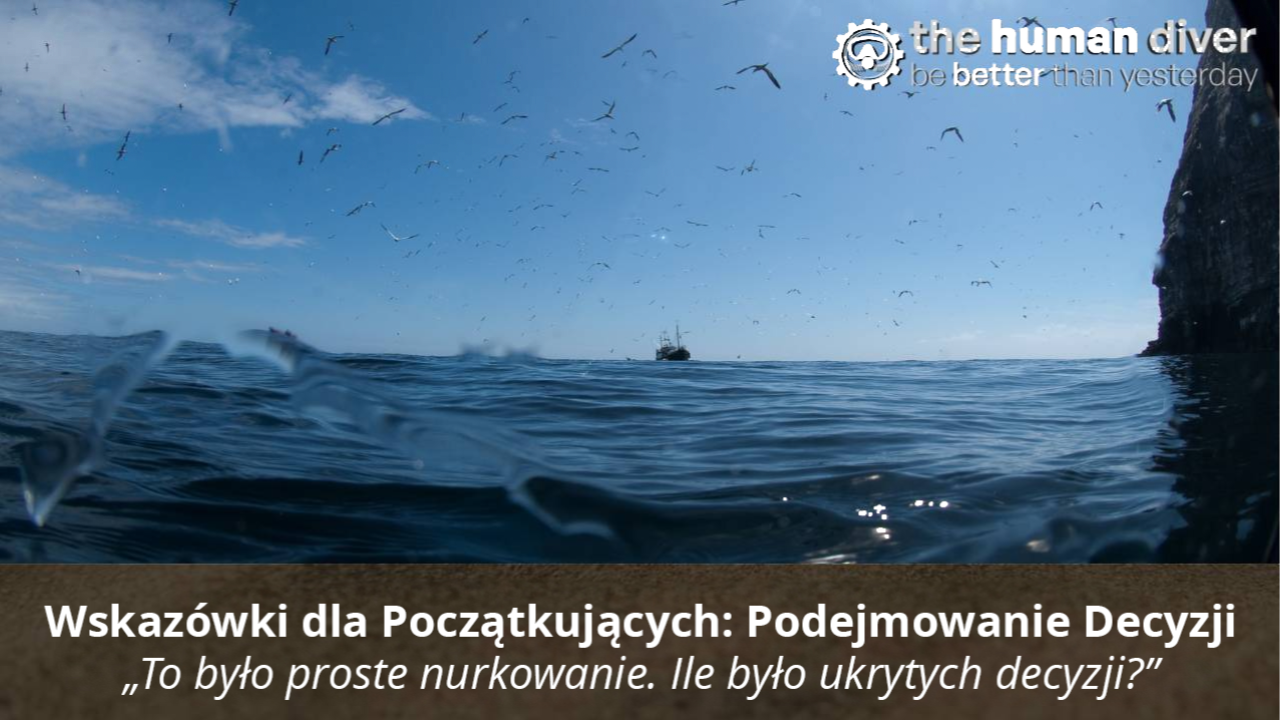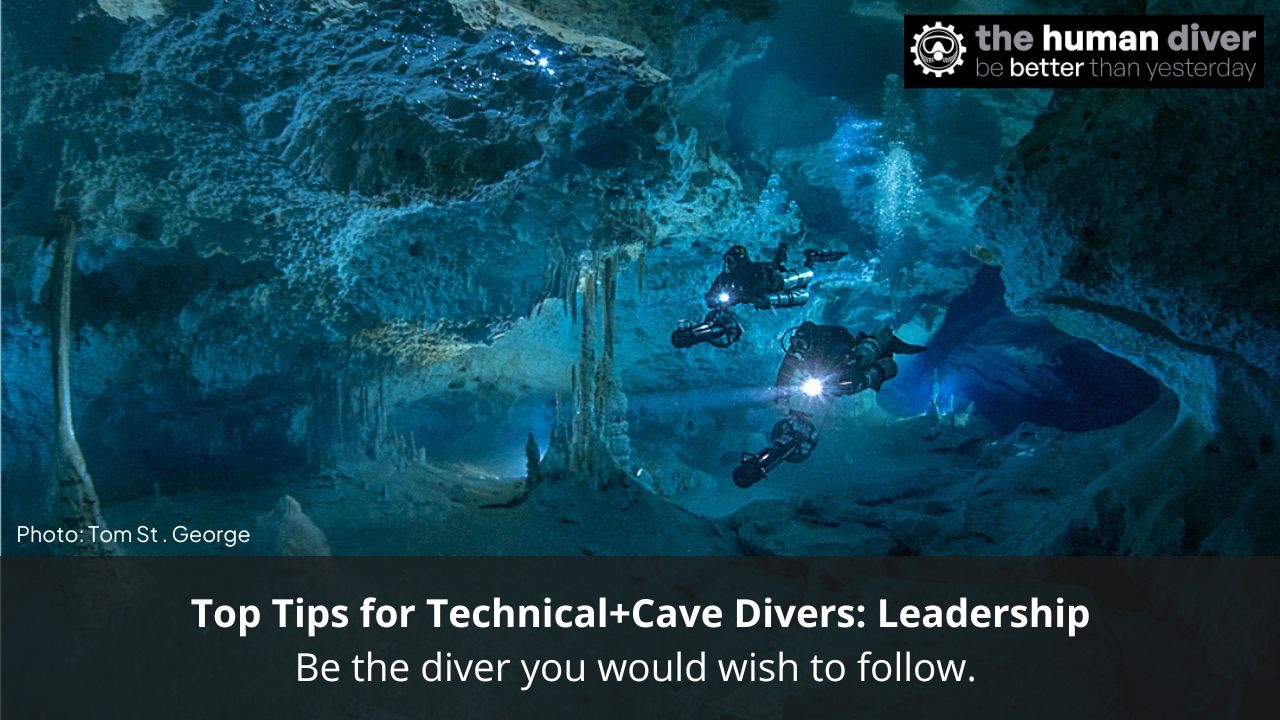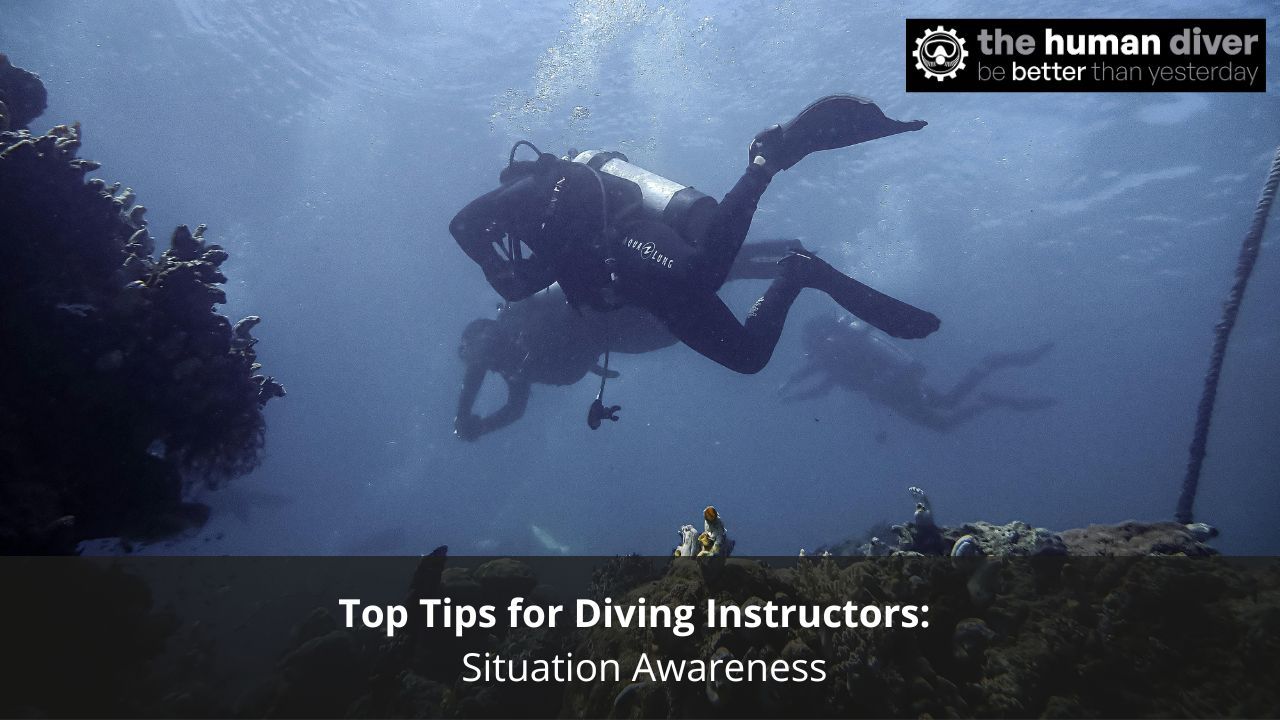
Price vs Quality: The Efficiency-Thoroughness Trade Off
Oct 25, 2023I’ve been having a lot of discussions about training agency standards recently. The training agency standards are what every instructor has to work to and every student is required to meet in order to pass a course. For an open water course this might read something like “remove, replace and clear mask”. New instructors are taught that just doing the skill isn’t enough, that it must be comfortable and repeatable. But this is where it gets tricky. How do we know how comfortable it was for the student? And how easily should they be able to repeat it? While some agencies have introduced ways of asking the student how they felt about the skill, will a student really tell the truth if they know it means they maybe have to repeat a skill that they hate doing? Do they have time to repeat a skill over and over? It’s up to the instructor’s judgement to decide whether each skill is a pass or a fail. And this is where it’s especially difficult for new instructors. They don’t have the same mental models that experienced instructors have. They can’t read the expressions of a student, or see from other small cues how the student is really doing. This is because they often don’t know what “normal” should look like. To become an instructor for most of the mainstream (WRSTC) agencies one has to first complete all of the basic recreational levels (Open Water, Advanced, Rescue), then after around 40 or so dives they can start their first professional level, Dive Supervisor (commonly known as Divemaster or Dive Guide). This involves learning how to guide dives and assist an instructor on courses. Then after around 100 dives they can take their instructor course which involves a week or two learning how to teach the skills. Then, off they go into the world and are qualified to teach anything from total beginners to Dive Supervisors. Unfortunately for some this means they may not have seen any other real courses (other than their own). So how are they supposed to know what to look for? On their instructor course they’re taught how to teach each individual skill and how to correct mistakes but how can you teach someone to read whether a student is comfortable or not in the space of a week or two?

As humans we are lazy creatures. We need to get everything done but try not to waste resources such as time or money. Erik Hollnagel called this the "Efficiency-Thoroughness Trade Off" or ETTO. Basically if our priority is to get work done, we’ll be efficient (sometimes also called complacent), but not as thorough. If the priority is towards safety or quality, we’ll be more thorough at the cost of efficiency. Often in dive instructing the external pressures such as time pressure, boat schedules, and money paid mean instructors often lean more towards efficiency. That’s not to say most aren’t safe, in this case what tends to be compromised is quality.
If a student successfully removes, replaces and clears their mask without bolting to the surface, surely that should be a pass? Does it matter if they have to go to the surface 2 seconds later to cough and splutter? Or if we have to hold on to them to stop them from reflexively kicking up? What about if they do it but it distracts them so much that they can’t concentrate on anything else for the rest of the dive? At what level do we say they have to repeat the skill? This is what new instructors don’t know, and often only learn through trial and error. Because they often have the pressure from the dive centre to get the students all finished in the minimum number of days, and “wasting” time getting them to repeat skills will be a big factor in their decision making, they often pass students who aren’t ready. They’ve been efficient (time/money saved) but not thorough (quality) enough. They will only know they’ve been too thorough if they run out of time and they only know they’ve been too efficient if something goes wrong.

What everyone needs in order to be able to make that judgement call is to know what a pass or a fail looks like. Obviously, this differs from student to student, so just observing one class isn’t going to be enough. And here lies the root of the problem- the more classes an instructor candidate observes, the more expensive (or inefficient) it is. The candidate won’t see the benefit of it until after they’ve certified as a full instructor, and even then some may not see it which makes it a hard sell for centres and agencies. We can only know if we’ve hit the right balance of efficiency and thoroughness if we hit the limit of one or the other. Sometimes, it’s not possible to complete a course even if we have the balance exactly right, as a student may need extra time to master the skills, which may not be possible to schedule or they may not want to pay more money. And this industry is well known for not being able to say no to students, so time is pushed to the limit more often than quality.
As an industry, we need to re-evaluate the trade off. Sadly, the biggest driver of efficiency, money, tends to have the last say. And while safety is sometimes compromised, it doesn’t often happen on official training courses, meaning the liability falls on individual divers. And how can those divers evaluate their own skills when they’ve been passed by an instructor who tells them they’ve passed a course when they may not have been able to do all the skills comfortably?
Here's a previous blog that explains ETTO in a little more detail: https://www.thehumandiver.com/blog/ETTO

Jenny is a full-time technical diving instructor and safety diver. Prior to diving, she worked in outdoor education for 10 years teaching rock climbing, white water kayaking and canoeing, sailing, skiing, caving and cycling, among other sports. Her interest in team development started with outdoor education, using it as a tool to help people learn more about communication, planning and teamwork.
Since 2009 she has lived in Dahab, Egypt teaching SCUBA diving. She is now a technical instructor trainer for TDI, advanced trimix instructor, advanced mixed gas CCR diver and helitrox CCR instructor.
Jenny has supported a number of deep dives as part of H2O divers dive team and works as a safety diver in the media industry.
If you'd like to deepen your diving experience, consider taking the online introduction course which will change your attitude towards diving because safety is your perception, visit the website.
Want to learn more about this article or have questions? Contact us.

